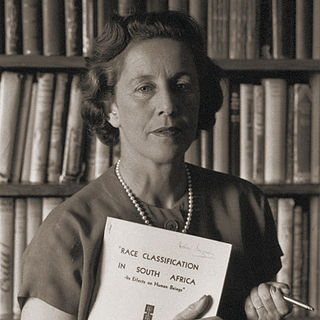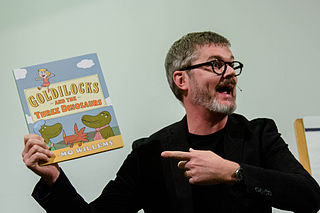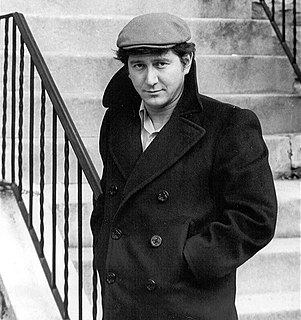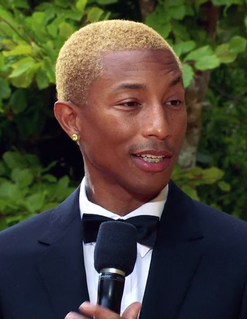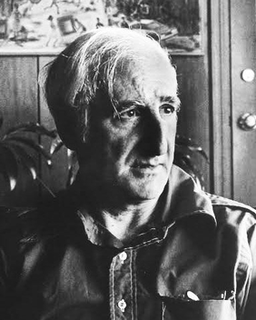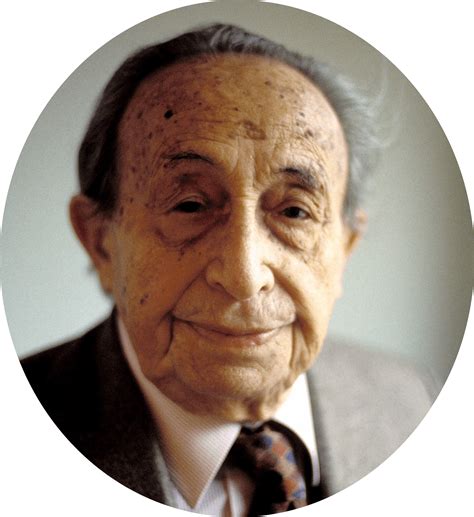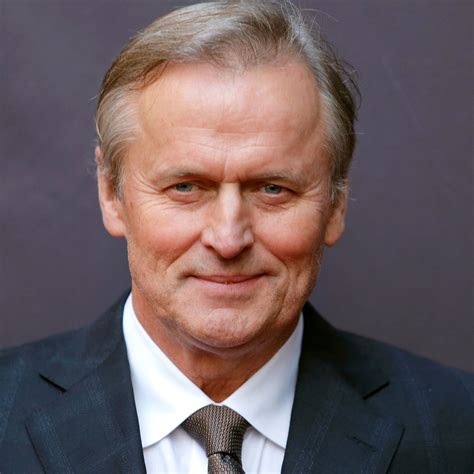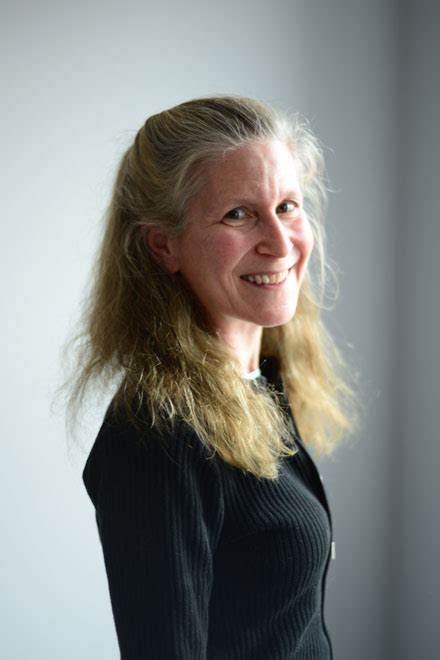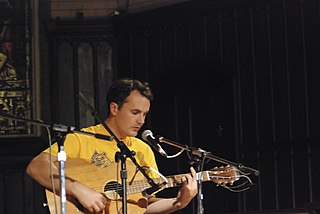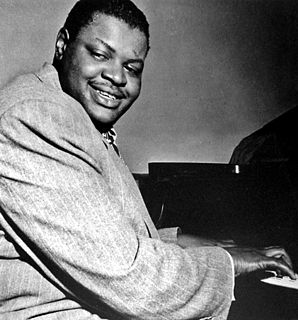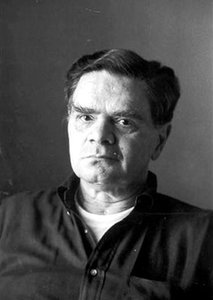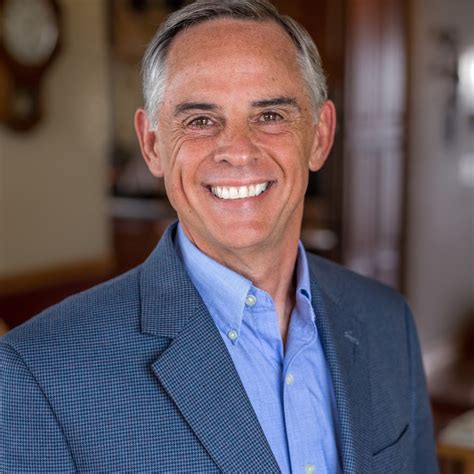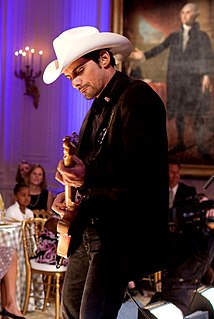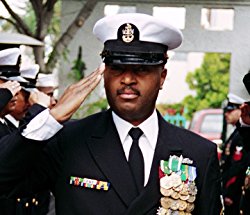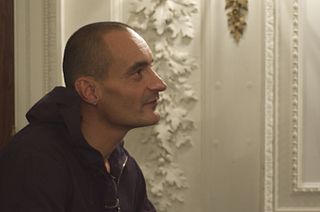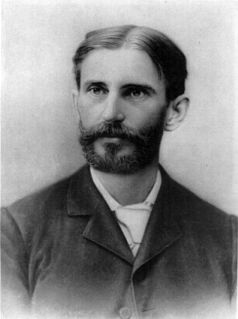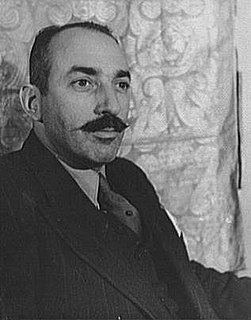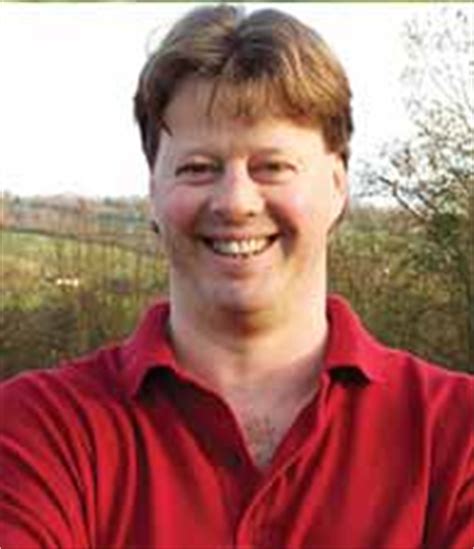Top 1200 Philosophical Questions Quotes & Sayings - Page 19
Explore popular Philosophical Questions quotes.
Last updated on November 19, 2024.
These enemies of divine revelation extol human progress to the skies, and with rash and sacrilegious daring would have it introduced into the Catholic religion as if this religion were not the work of God but of man, or some kind of philosophical discovery susceptible of perfection by human efforts.
Like Flannery O'Connor, McCorkle's genius is to give us both philosophical speculation and a riveting narrative filled with unforgettable characters. Great writing, poignancy, humor, wisdom-all are in abundance here. Jill McCorkle is one of the South's greatest writers; she is also one of America's.
To assert that the universe has a purpose implies the universe has intent. And intent implies a desired outcome. But who would do the desiring? And what would a desired outcome be? That carbon-based life is inevitable? Or that sentient primates are life's neurological pinnacle? Are answers to these questions even possible without expressing a profound bias of human sentiment? Of course humans were not around to ask these questions for 99.9999% of cosmic history. So if the purpose of the universe was to create humans then the cosmos was embarrassingly inefficient about it.
Letting a maximum number of views be heard regularly is not just a nice philosophical notion. It is the best way any society has yet discovered to detect maladjustments quickly, to correct injustices, and to discover new ways to meet our continuing stream of novel problems that rise in a changing environment.
People who won't sign the taxpayer protection pledge, people who won't sign the property-rights protection pledge, people who won't sign the state-sovereignty pledge, who won't put their beliefs in writing, who won't endorse the Freedom Agenda, we should be asking them some very very hard questions. Very hard questions. Because you know what, they get away with it. We hear what goes on in closed doors in Olympia. We hear them say the opposite of what they say publicly.
In order to align your life choices with your values, you will need to inquire about the effects of your actions (and inactions) on yourself and others. Although we are always stumbling upon new knowledge that shifts our choices and life direction, bringing conscious inquiry to life means that we continually ask questions that lead us to the information we need to make thoughtful decisions. Asking questions is liberating because we develop great understanding and discover more choices with our new knowledge
Actual philosophers... are commanders and law-givers: they say "thus it shall be!", it is they who determine the Wherefore and Whither of mankind, and they possess for this task the preliminary work of all the philosophical laborers, of all those who have subdued the past - they reach for the future with creative hand, and everything that is or has been becomes for them a means, an instrument, a hammer.
It is something I've noticed - that my audiences are young. My only thought has been because I play all-ages shows. Even so, they're pretty young, and sometimes I'm nervous the content of my songs - these weird, ambiguous, philosophical ideas I'm trying to articulate. Are the kids getting it? Is it going over their heads?
Every year I write a tax advice column and I used to always make fun of that. One year, one of my favorite IRS commissioners, I think his name was Roscoe somebody, wrote that one of the most often-asked questions by taxpayers was, "How can I contribute more?" Well, I tell ya, ol' Roscoe's really been doing situps under parked cars again. I've heard a lot of people ask a lot of questions about taxes, but I never heard anybody say, "How can I, the ordinary person, send more money for no reason?"
Reality is contradictory. And it's paradoxical. If there's any one word -- if you had to pick one word to describe the nature of the universe -- I think that word would be paradox. That's true at the subatomic level, right through sociological, psychological, philosophical levels on up to cosmic levels.
Pretend what we may, the whole man within us is at work when we form our philosophical opinions. Intellect, will, taste, and passion co-operate just as they do in practical affairs; and lucky it is if the passion be not something as petty as a love of personal conquest over the philosopher across the way.
I gave up Christianity at about 14. Came back to it when getting on for 30. Not an emotional conversion; almost purely philosophical. I didn't want to. I'm not in the least a religious type. I want to be let alone, to feel I'm my own master; but since the facts seemed to be just the opposite, I had to give in.
It's not just that there is a cooperative spirit of investigation there, where we all recognise that we are engaged in a common project of inquiry. It's also that the philosophers are well-versed in the relevant empirical data, and the scientists are well-versed in the more abstract issues which are typically the central focus of philosophical work.
Aristotle said time is a measure of change, and this movie is about changing in time, through time, while remaining the same person. That's a philosophical paradox and a moral dilemma. But 'Casablanca' says it's possible. You can have both. That's what it means. And that's my wish for you: that you would have both.
As a piece of writing, The Elementary Particles feels like a bad, self-conscious pastiche of Camus, Foucault and Bret Easton Ellis. And as a philosophical tract, it evinces a fiercely nihilistic, anti-humanistic vision built upon gross generalizations and ridiculously phony logic. It is a deeply repugnant read.
When we were doing the "Angel Dust" thing we got information from the National Institute of Drug Abuse because we knew that if we went out and said something about angel dust people were going to ask questions about it and we wanted to be sure we had all the information to deal with it when those questions came up. So it's all a question of being as prepared as possible out front, so that if you are going to deal with information it'll be correct. A lot of people won't check it out but some people will.
You're free to speculate as you wish about the philosophical and allegorical meaning of the film—and such speculation is one indication that it has succeeded in gripping the audience at a deep level—but I don't want to spell out a verbal road map for 2001 that every viewer will feel obligated to pursue or else fear he's missed the point.
Osama bin Laden has managed to replace fear of God and adherence to the Quran with his philosophy of jihad above all else. What's behind that facade is the true philosophical intentions of al Qaeda: the establishment of a new Islamic caliphate that will defeat democracy as the greater of the two political orders.
Our intention is to develop more subtlety in contemporary electronic sounds. We don't like nostalgic projects. We have disparate interests and many philosophical concerns. In the past 10 years, I have realized music in the classical tradition - I have composed for strings, brass, and electronic, and alp-horn!
A high place of honor, although doubtless one to be obtained only after enduring the pangs of a prolonged crucifixion, awaits that philosophical biologist, or that philosopher sufficiently acquainted with scientific biology, who subjects the modern doctrine of evolution to a thoroughly critical analysis, with a view to detect and to estimate its metaphysical assumptions.
Everything we know has its origin in questions. Questions, we might say, are the principal intellectual instruments available to human beings. Then how is it possible that no more than one in one hundred students has ever been exposed to an extended and systematic study of the art and science of question-asking? How come Alan Bloom did not mention this, or E. D. Hirsh, Jr., or so many others who have written books on how to improve our schools? Did they simply fail to notice that the principal intellectual instrument available to human beings is not examined in school?
The examen is a form of personal inventory. At day’s end, spend time in prayerful reflection on your day: your comings and goings, routines and disruptions, work and play, discoveries and disappointments. Think about who you met, or missed. Think about your moments of aloneness. In all, ask two questions: when was I most alive, most present, most filled and fulfilled today? And when was I most taxed, stressed, distracted, depleted today? A simpler, and more spiritually focused, version of those questions: when did I feel closest to God, and when farthest?
